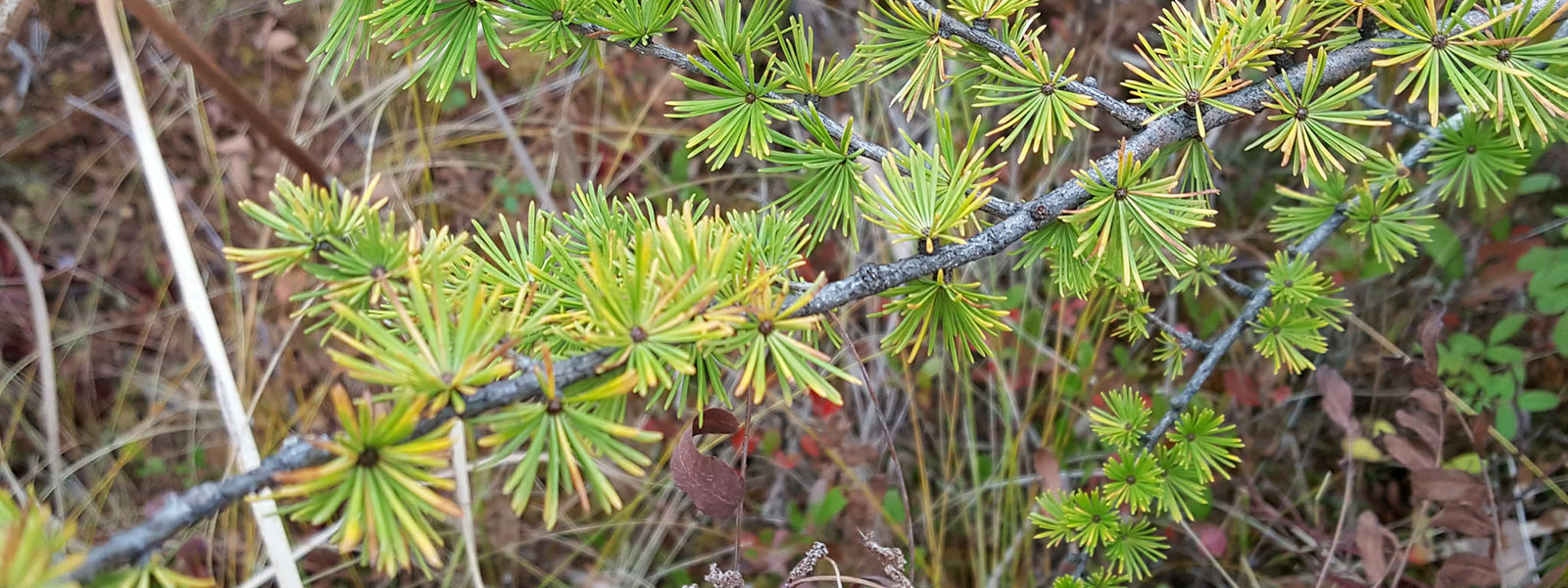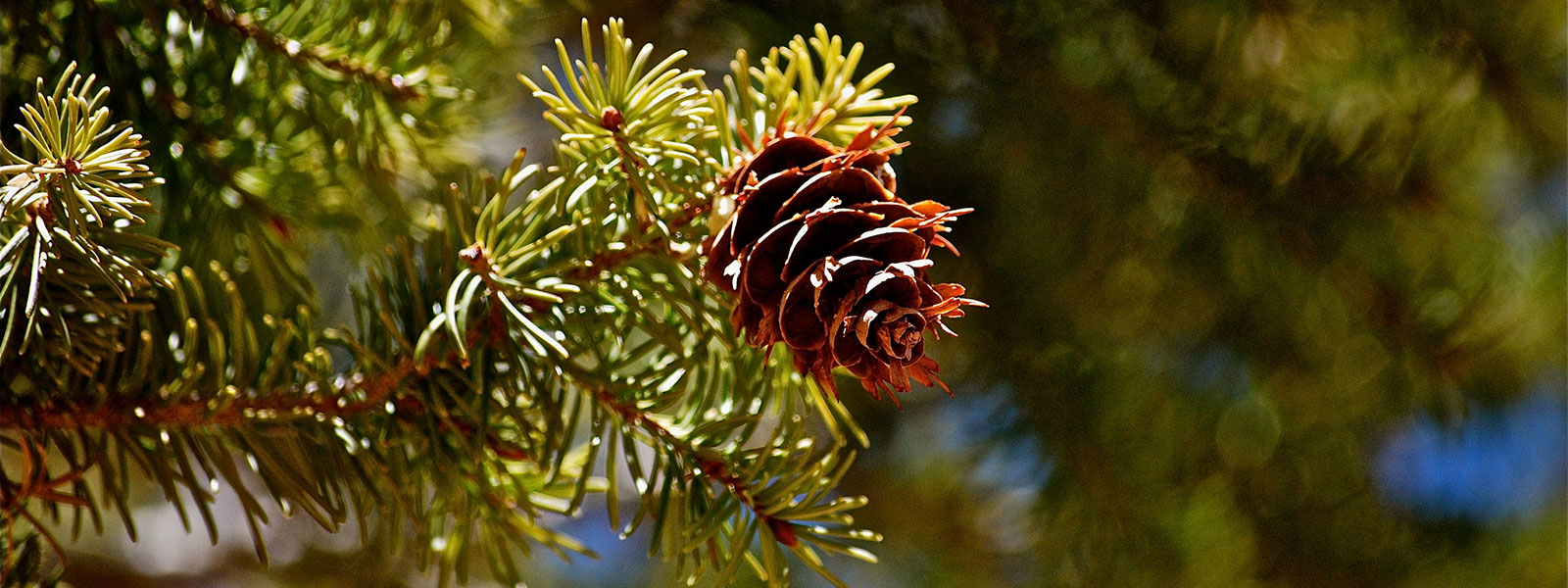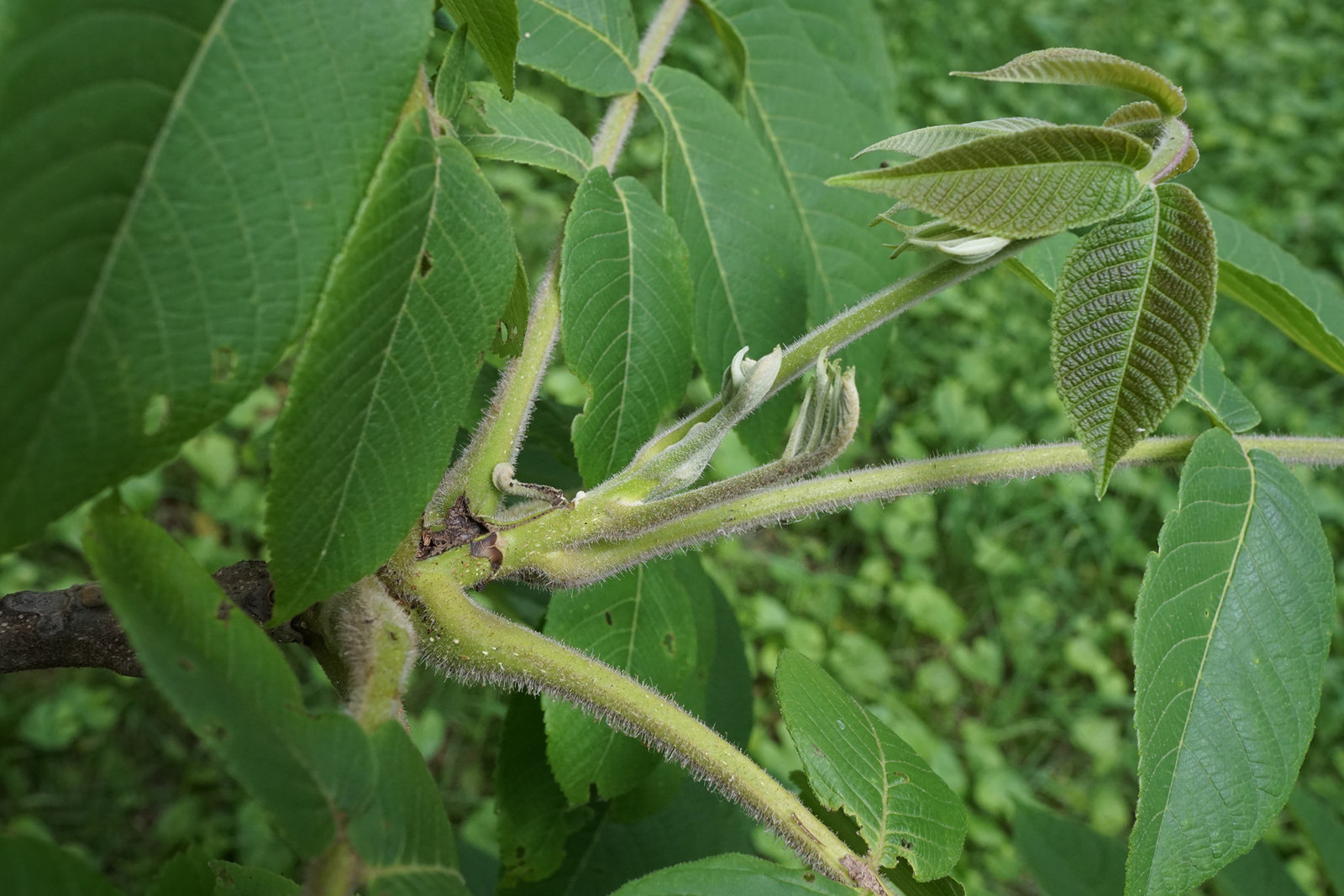The Plant Computational Genomics laboratory at the University of Connecticut (Storrs, CT) has an opening for a Postdoctoral Scholar. This individual will take a lead role in the development of EASEL (Efficient, Accurate, Scalable Eukaryotic modeLs), an integrated and accessible deep learning framework to improve the annotation of eukaryotic genomes. This software will provide an efficient and flexible approach, encompassing the full workflow from repeat identification through gene model annotation. EASEL will improve the accuracy of evidence-based and ab initio-derived gene models for organisms with limited or extensive external genomic evidence. The final product will be implemented as stand-alone software, within open-source community platforms, and compatible with HPC systems.
The successful candidate will work as part of an interdisciplinary team to develop and benchmark the EASEL software package. They will also work closely with existing genome assembly and annotation projects that represent tremendous organismal diversity. EASEL will be integrated into large-scale international efforts to annotate genomes. As such, the scholar will provide high quality genome annotations for a large network of collaborators through the development cycle. The candidate should have experience with genomic/transcriptomic data, machine learning, and software development. Experience with genome annotation is ideal. The successful candidate will also be involved in training end users and leading publications.
The Plant Computational Genomics Lab (plantcompgenomics.com/) is part of the Department of Ecology and Evolutionary Biology and is closely linked with the Institute for Systems Genomics. Our lab is highly collaborative, multi-disciplinary, and inclusive. Diversity, creativity, integrity, and ambition are values we affirm. We are committed to open and inclusive science. This includes transparency in data acquisition, analysis, and code.
The qualified applicant will have a PhD degree in Bioinformatics, Evolutionary Biology, Computational Biology, Genetics, or a related field. Biology/Bioinformatics experience is essential and previous experience with software development is desired. The applicant should have experience with Linux/Unix, scripting languages (Python), a compiled language, statistics, and machine learning. The position is renewable after the first year, for up to 2.5 years. The successful candidate may be able to start work remotely. Start date is as soon as possible.
The Plant Computational Genomics Lab (http://plantcompgenomics.com/) is part of the Department of Ecology and Evolutionary Biology and is closely linked with the Institute for Systems Genomics. Our lab is highly collaborative, multi-disciplinary, and inclusive. Diversity, creativity, integrity, and ambition are values we affirm. We are committed to open and inclusive science. This includes transparency in data acquisition, analysis, and code.
Interested applicants, Please send the following THREE documents: cover letter, research statement (~1 page), and CV to: Jill Wegrzyn at [email protected]
Applications will be accepted until December 20th, 2021.
Location: University of Connecticut, Storrs, CT, USA
Start Date: Negotiable
Duration: Full-time











